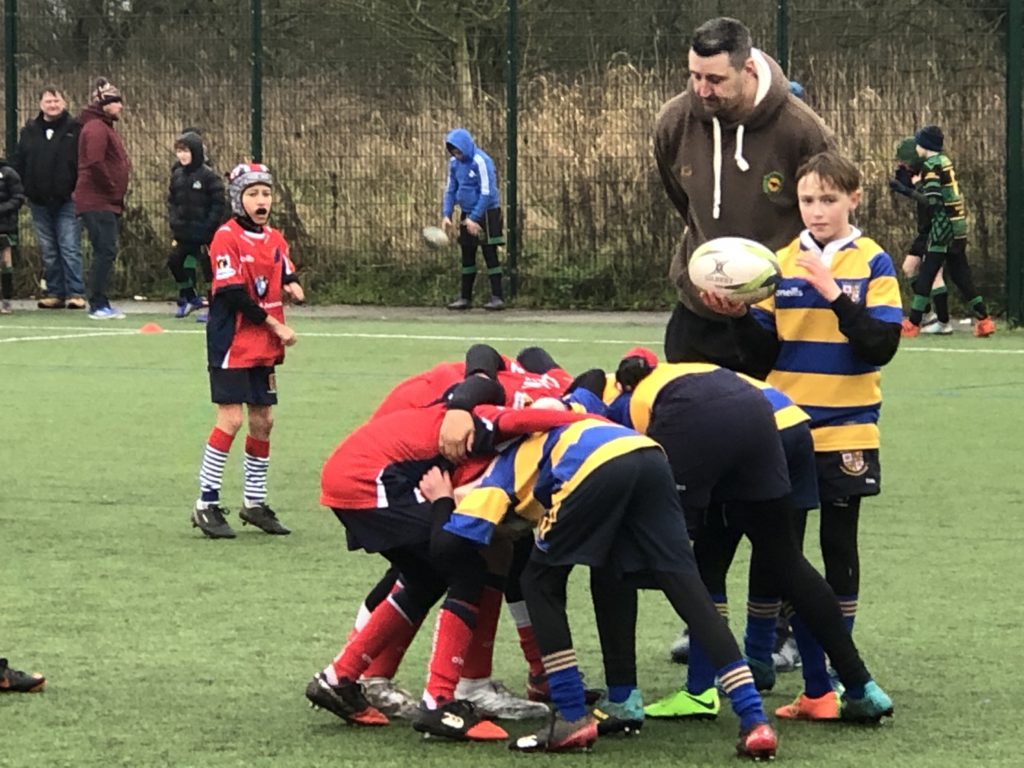How to break a Brexit deadlock: ‘keep going, be flexible … and listen’
Whether it be a hijack, kidnap or siege situation, negotiation is an art. Theresa May and Jeremy Corbyn take note
Frances PerraudinSat 19 Jan 2019 07.00 GMT
Whether it be a hijack, kidnap or siege situation, negotiation is an art. Theresa May and Jeremy Corbyn take note
Westminster is in deadlock. The progress of Theresa May’s withdrawal agreement has stalled in parliament, where a majority of MPs are opposed to it. Jeremy Corbyn has refused to enter talks with the prime minister until she rules out a no-deal Brexit, a demand she describes as “an impossible condition”. So how do our political representatives get themselves out of this impasse?
“Negotiation is an art, not a science,” says Dr J Simon Rofe, a reader in diplomatic and international studies at Soas, University of London, who teaches a course called “the art of negotiation”.
“There is no manual and some people are better at it than others,” he said.
The best approach to political arbitration has been theorised over for thousands of years – from Thucydides and Plato to Cardinal Richelieu – and the fact we haven’t come up with a set of definitive guidelines is a testament to the complexity of the matter, said Rofe.
But there are some things that experts in negotiation can agree are vital. “The first and most overriding one is listening to the other party, which is perhaps common sense,” said Rofe. “There has to be mutual respect. You have to listen [to the person you are negotiating with] and not talk over them and be prepared to take on board their point of view. That is not something that has been very evident in the debate in this country in the past couple of years.”
Philip Williams, a senior consultant at the Centre for Effective Dispute Resolution (CEDR), is a former director of the UK’s Hostage and Crisis Negotiation programme. “There is not an incident that I have been involved in in the past – whether it be suicide intervention, kidnap, hijacking or a big siege – where there has not been deadlock, and not just one period of deadlock, but many, many periods of deadlock, big and small,” he said. “It is about keeping going and being creative and flexible.
“When people say: ‘How did you talk them into doing that?’, we would say: ‘We didn’t. We listened them into it’,” he said.
Amid criticism of Corbyn’s hardline approach, the shadow home secretary Diane Abbott insisted on Thursday night her party was “prepared to be flexible on everything”.
“We are not being rigid like the prime minister,” she said. “The only thing we are saying is she has to take no-deal off the table.”
“It’s very common in very difficult negotiations for parties to want to set parameters before they have the conversation and sometimes you can see justification for it,” said Dr Karl Mackie, chief executive of CEDR and an internationally recognised mediator in commercial disputes.

“But in my experience, most of the time, the key thing is to treat it holistically, have the conversation, get all the issues on the table, like them or not, because that’s the reality of the world,” he said.
“It feels like, at the moment, the condition that has been set is already implicitly agreed by everyone, so why spend time putting people in a position where someone has to lose face.”
Cathie Jo Martin, professor of political science at Boston University who co-edited the Political Negotiation Handbook, said there were similarities between the crisis in Westminster and the government shutdown in the US in the apparent lack of interest in compromise displayed by key players. “If our children behaved in this way, we mothers would give them a time-out,” she said. “Too bad that one cannot do the same for unruly politicians.”
She said good negotiation required those involved to avoid “sibling rivalries”, ie a preoccupation with the idea that the other party could get more from a proposed deal, and sacrificing something that would leave everyone better off to prevent that.
Rofe said one thing required for effective negotiation, which Westminster politicians do not necessarily have, is time. “Being given the opportunity to have those conversations is important. Having to do it now under these circumstances and under this timeframe is not ideal.”

MPs should set aside two or three days for intensive discussion, rather than having hurried meetings in the evening, said Mackie. “Theresa May had her Chequers moment with her own party. She also needs to extend that kind of intensive get-together to other parties.”
And Westminster needs outside help to reach an agreement – preferably from an impartial international politician with good diplomacy and negotiation experience, who is supported by professional mediators. “Good football teams need coaches and good negotiators need coaches too,” said Mackie.
“They need people there who could keep the momentum going in the negotiation without a stake in the outcome … and it would take some of the burden off the shoulders of Jeremy Corbyn or Theresa May.”
“We have got limited time,” said Mackie. “We’re now in a crisis negotiation. Two years ago we could have been in a thoughtful negotiation. At the moment politicians are not giving any indication that they are capable of reaching a mature outcome, but let’s get them together and see what they can do with support.”
